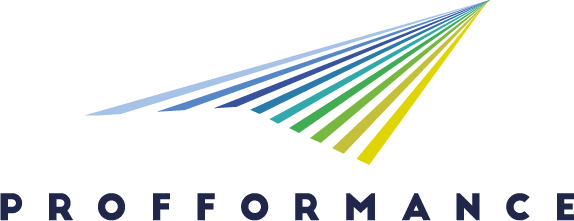DECLEAR
Developmental evaluation in the cooperative learning process
- 01 - Education
- 05 – Natural sciences, mathematics and statistics
- 06 – Information and Communication Technologies
3. Innovative student’s learning assessment
- Other:
Since each statement fits the method we have outlined, we could not select only 5.
In recent years, a new education system has been developed at METU, in which competence development, experience-based education, cooperation, creativity, project work, problem-solving thinking, self-reflection, and professional portfolio building is essential. The new approach develops more competencies, namely communication, self-knowledge, self-development, creativity, complex problem solving, collaboration, digital competence, critical thinking, decision making. The student is an active participant in learning, creates and solves creative tasks, collaborates with peers as colleagues. The evaluation system is designed to better support the above objectives. In structuring the course, it is important that students carry out a project that has important milestones and where what they have learned needs to be put into practice. It is essential for progress to receive feedback on the work done at each milestone. The instructor acts as a kind of mentor. Because they work in groups, peer evaluation also plays an important role. At the end of the semester, they present their work to all students in the course, where they receive feedback not only from the teacher but also from fellow students. At the end of the course, we consider individual summaries and self-reflections to be important, not only in terms of the development of the acquired knowledge, but also in terms of competence. These summaries, as well as their own project work, are an important part of the portfolio they build during their university studies. As we work with a complex evaluation system and have recently had to do it online, we are using several digital tools to make the process as transparent as possible. The basis of all this is a Learning Management System, where all the documents needed to complete the task are available. The practice tests, communication between the student and the teacher and the group members are provided here. All participant can keep track of which group members performed which tasks, and can find the teacher evaluation related to each milestone. The final evaluations, portfolio and self-reflection will also be uploaded to the framework. The applied methodology and the related assessment system have developed and are still developing on the basis of experience of many teachers and the feedback of students, as we consider flexibility to be always important for the given situation, educational conditions and the given group of students.
Methodology
Tools, equipment, technology used
Outcomes and outputs, main results
Lessons learnt
Adaptability and sustainability of the best practice (for other institutions)
Promotion of best practice
Scope and impact
- Course/department level
- Faculty level
- Institutional level
6.1 Digitalization
- Outstanding, innovative, excellent practices of online / blended / hybrid learning
- Innovative, novel methodology in using digital tools/devices in teaching
- Digital skills development and assessment both general and profession-related, embedded in course design, in teaching and assessment
- Novel digital solutions (tools, frameworks, devices, tasks to enhance efficiency and motivation)
- Data security and responsible digital presence embedded in learning outcomes
Reasoning: The developed methodology contains a number of novel, innovative digital elements. We involved a number of digital tools for cooperative work, both in online and blended education. Application of GeoGebra and Excel in solving optimization (SOLVER), mathematical and statistical problems is a daily. We have introduced several new uses for the zoom program. Students learn to protect their personal and project data, which will be useful in their future work. See: Justification_6 file attached
6.2 Internationalization
- Courses offered to international multicultural students both online and offline
Reasoning: The courses we teach are part of international mobility, as they have been recommended to Erasmus students visiting us.
6.3 Inclusion and diversity, universal design
- Inclusive course design, universally designed divers activities to meet special students' needs
- Universally designed teaching material - adjustable for special needs
- Alternative, flexible assessment methods for students with special needs
Reasoning: An important aspect of designing a course is to give students (who have different backgrounds and different skills) the opportunity to find their own learning path and to receive support in everything. Curriculum design allows even a dyscalculic, dysgraphic student to successfully overcome obstacles. But also because of the current viral situation, the students came up with a myriad of individual needs for which a solution was always found. See: Justification_6 file attached
6.4 Sustainability
- Sustainability goals are addressed in the course(s)
Reasoning: Aspects of sustainability are fundamental in the design of the course. This is supported by activity-based education, where individual opinion-making has a special role to play. This aspect also applies to the choice of project topics, where particularly valuable work is done if the sustainability aspect also prevails. We hardly use paper-based task assignment or evaluation, almost everything is done electronically.
3.3 Public contact datas
| Name | Email address | Website |
|---|---|---|
| Józsefné Libor | jlibor@metropolitan.hu | https://tinyurl.hu/92HT/ |

